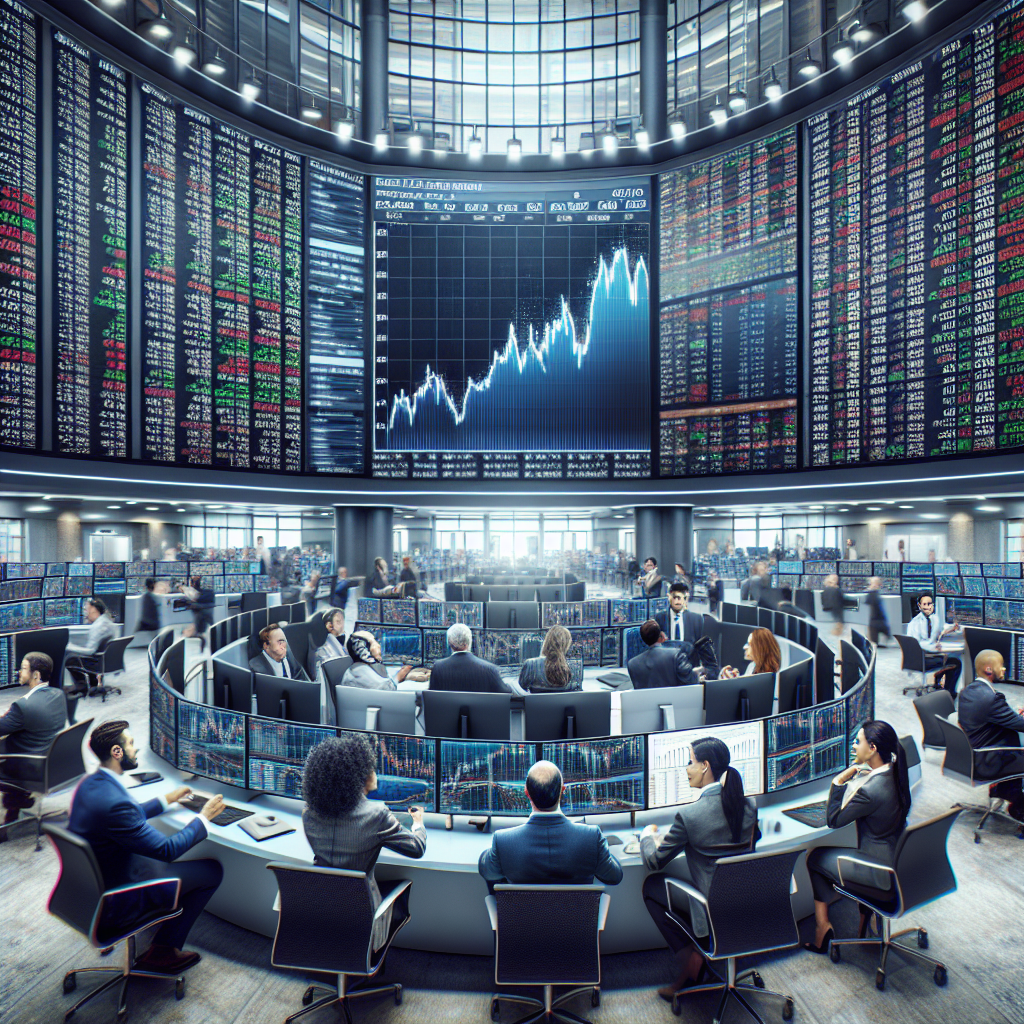
Exploring the Growth and Impact of Retail Investment
Understanding the Dynamics of Retail Investment Growth
Retail investment, a concept that has been around for decades, refers to individuals investing their personal savings in various financial instruments such as stocks, bonds, mutual funds, and ETFs, among others. In recent years, the retail investment sector has seen unprecedented growth, primarily driven by technological advancements, financial literacy, and economic factors. This article aims to delve into the dynamics of retail investment growth, focusing on its driving factors, benefits, and future prospects.
Driving Factors of Retail Investment Growth
Technological Advancements
The advent of technology has revolutionized the retail investment landscape. Online trading platforms and mobile apps have made investing more accessible and convenient. They offer a plethora of information, analytical tools, and real-time market updates, empowering retail investors to make informed decisions. Furthermore, the rise of robo-advisors has democratized access to professional investment advice, previously only available to high-net-worth individuals.
Financial Literacy
Increased financial literacy has also played a crucial role in driving retail investment growth. As individuals become more educated about the benefits of investing and the risks associated with different financial instruments, they are more likely to invest their savings. Various initiatives by governments and private organizations to promote financial literacy have significantly contributed to this trend.
Economic Factors
Low-interest rates and economic policies aimed at boosting investment have also fueled retail investment growth. With savings accounts and fixed deposits offering meager returns, individuals are increasingly turning to other investment avenues for better returns.
Benefits of Retail Investment Growth
Economic Development
Retail investment growth contributes to economic development by channeling personal savings into productive sectors of the economy. This increases the capital available for businesses to expand and innovate, leading to job creation and economic growth.
Financial Security
For individuals, investing offers a way to grow their wealth and achieve financial security. It provides an opportunity to earn returns that outpace inflation, ensuring that their purchasing power is preserved in the long run.
Diversification
Retail investment allows individuals to diversify their income streams. Instead of relying solely on their salary, they can earn income from dividends, interest, and capital gains. This reduces their financial risk and provides a safety net in case of job loss or other unforeseen circumstances.
The Future of Retail Investment
The future of retail investment looks promising, with several trends indicating continued growth. Technological advancements will continue to make investing more accessible and affordable. Financial literacy is also expected to improve, driven by increased access to information and education. Moreover, as economies recover from the impacts of the COVID-19 pandemic, retail investment is likely to play a critical role in fueling economic growth.
In conclusion, retail investment growth is a positive trend that benefits both individuals and the economy as a whole. By understanding the dynamics of this growth, stakeholders can make informed decisions and contribute to a more inclusive and resilient financial system.


